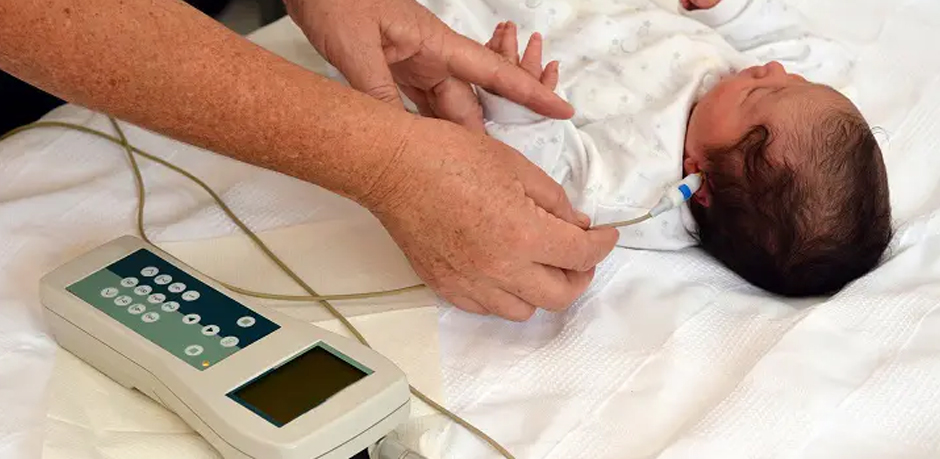Newborn Screenings & Vaccination

Newborn screenings and vaccinations are two important measures in ensuring the health and well-being of infants.
Newborn screenings are a series of tests that are performed shortly after a baby is born to detect potential health conditions that may not be apparent at birth. These screenings can detect a variety of conditions, including metabolic disorders, hearing loss, and certain genetic disorders. Early detection and treatment of these conditions can help prevent or minimize potential health problems in the future.
Vaccinations, on the other hand, are a series of immunizations given to infants to protect them against serious and sometimes life-threatening diseases. Vaccines work by stimulating the body's immune system to produce antibodies to fight specific viruses or bacteria. Some common vaccines given to infants include the hepatitis B vaccine, the polio vaccine, and the measles, mumps, and rubella (MMR) vaccine.
It is important to follow the recommended vaccination schedule to ensure that infants are protected against these diseases at the earliest possible age. Newborn screenings and vaccinations are essential components of preventative healthcare for infants and can help ensure their long-term health and well-being.
Copyright © 2023, Dr. Dhaval Shah. All Rights Reserved.


